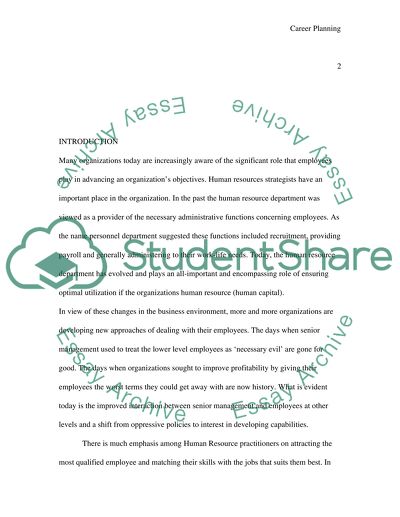Cite this document
(“Career Planning on Employee relations in UK Essay”, n.d.)
Career Planning on Employee relations in UK Essay. Retrieved from https://studentshare.org/sociology/1525583-career-planning-on-employee-relations-in-uk
Career Planning on Employee relations in UK Essay. Retrieved from https://studentshare.org/sociology/1525583-career-planning-on-employee-relations-in-uk
(Career Planning on Employee Relations in UK Essay)
Career Planning on Employee Relations in UK Essay. https://studentshare.org/sociology/1525583-career-planning-on-employee-relations-in-uk.
Career Planning on Employee Relations in UK Essay. https://studentshare.org/sociology/1525583-career-planning-on-employee-relations-in-uk.
“Career Planning on Employee Relations in UK Essay”, n.d. https://studentshare.org/sociology/1525583-career-planning-on-employee-relations-in-uk.


